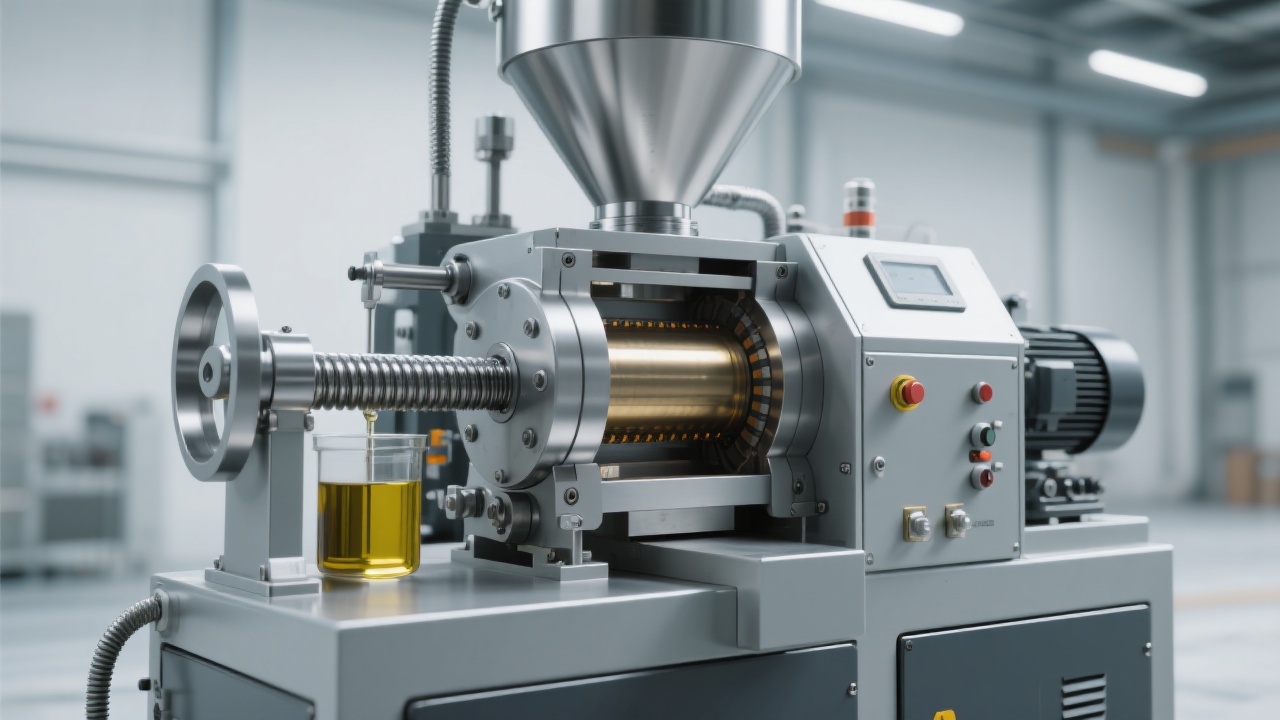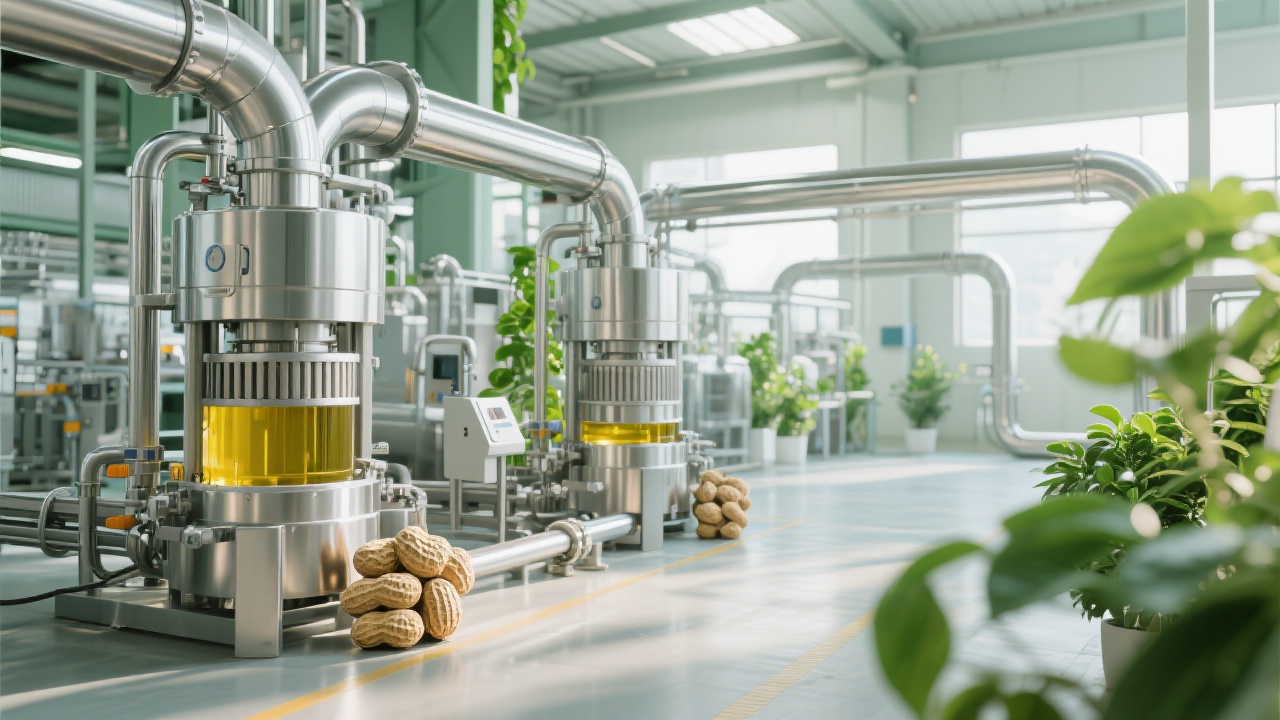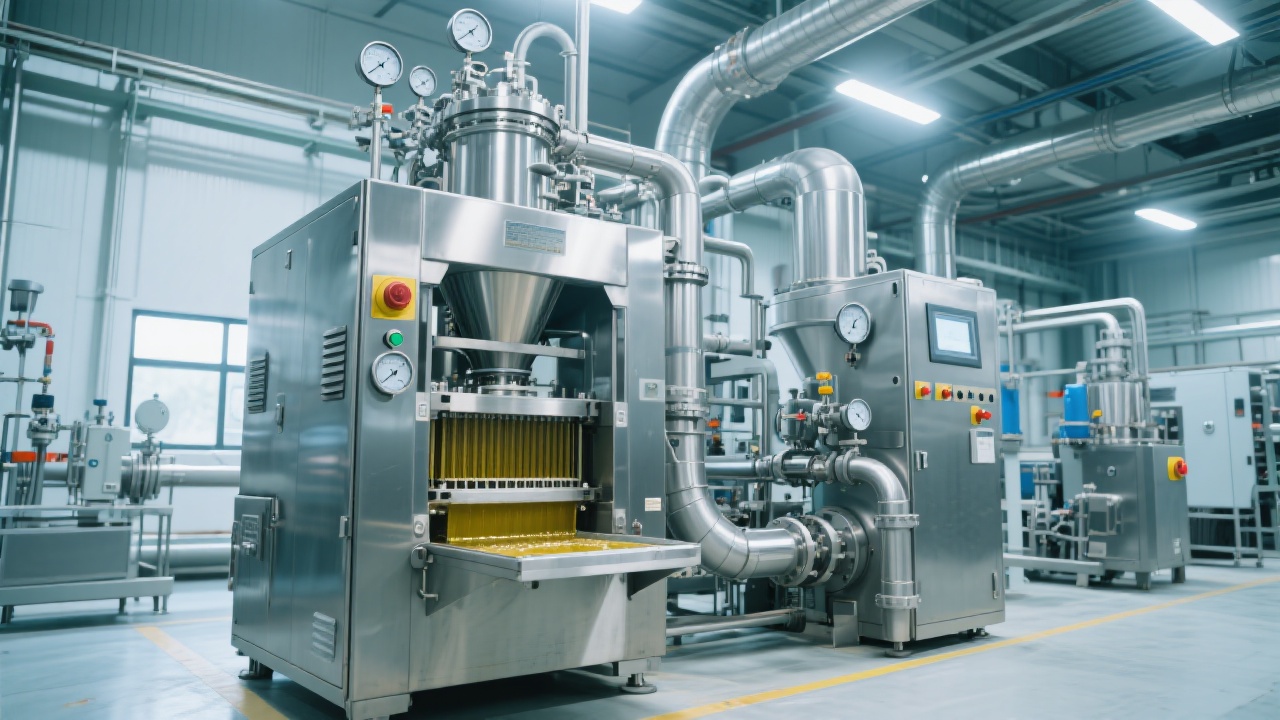
In the global edible oil market, soybean oil remains one of the most vital commodities, with millions of tons exported annually. Modern soybean oil plants play a pivotal role in safeguarding food safety standards, particularly for export markets that demand strict compliance with international regulations. Beyond quality assurance, these factories increasingly emphasize green and energy-efficient production methods, achieving a balance between product integrity, environmental responsibility, and operational cost-effectiveness.
Raising energy efficiency in soybean oil processing not only reduces operational expenses but also significantly lowers the environmental footprint. Leading enterprises have adopted heat recovery systems, automated temperature controls, and advanced solvent extraction techniques that cut energy use by up to 20-25%. For instance, a typical large-scale refinery consuming 1,000 MWh annually could save nearly 200 MWh after upgrading equipment, directly translating to a cost reduction of approximately USD 24,000 (assuming a rate of USD 0.12/kWh).
These improvements also reduce carbon emissions proportionally, helping manufacturers align with global environmental targets such as the United Nations’ Sustainable Development Goals (SDGs). Furthermore, increasing energy efficiency often improves process stability, which positively affects overall product consistency and quality.
Strict quality control systems are the backbone of export-grade soybean oil production. Such systems typically incorporate inline sensors for real-time monitoring of parameters like free fatty acids, moisture content, and peroxide value. These are critical indicators to confirm the oil’s freshness, stability, and safety.
Adhering to international standards such as CODEX Alimentarius, ISO 22000, and HACCP protocols ensures the product meets or exceeds customer and regulatory expectations. For example, the peroxide value, which measures oxidation levels, is often kept below 10 meq/kg for exported soybean oil, guaranteeing shelf life and sensory quality.
| Quality Parameter | International Standard Limits | Typical Factory Performance |
|---|---|---|
| Free Fatty Acid (%) | ≤ 0.5% | 0.3 - 0.4% |
| Peroxide Value (meq/kg) | ≤ 10 | 5 - 8 |
| Moisture Content (%) | ≤ 0.1% | ≤ 0.05% |
A leading soybean oil manufacturer located in the Midwest US revamped its plant by integrating an energy recovery system alongside a comprehensive quality control framework based on inline spectroscopy and digital data logging. Over 12 months, the plant recorded a 22% reduction in energy consumption and improved compliance consistency, with final product defect rates dropping from 1.5% to less than 0.5%.
This balanced approach resulted in a competitive edge in the export market as buyers increasingly demand both safety assurance and sustainability credentials. Additionally, the manufacturer reduced greenhouse gas emissions by an estimated 1,200 metric tons annually, reinforcing its commitment to environmental stewardship.

The evolution of soybean oil plants towards green, high-efficiency production and rigorous quality control systems embodies the future of food exports. By ensuring products meet stringent international requirements and minimising environmental impact, manufacturers not only protect consumer health but also enhance their market competitiveness. This synergy supports sustainable industry growth and delivers societal benefits, from reducing pollution to fostering food security.
As global demand for safe, reliable, and environmentally responsible food ingredients grows, adopting such integrated quality and energy management frameworks becomes indispensable.

Are you facing challenges in enhancing your soybean oil production for export markets? Discover tailored solutions and proven strategies by exploring our comprehensive case studies and expert insights.


